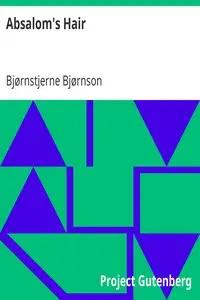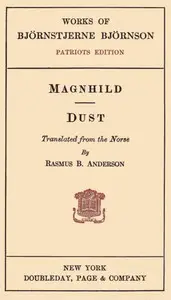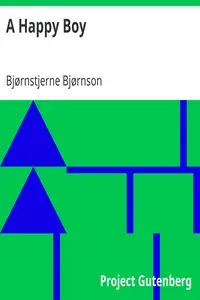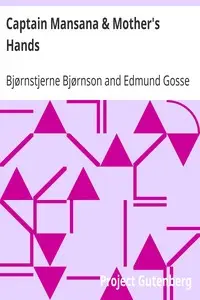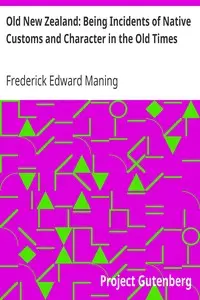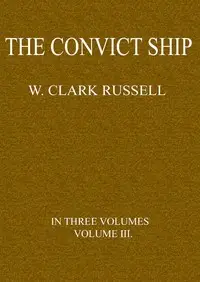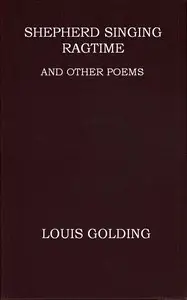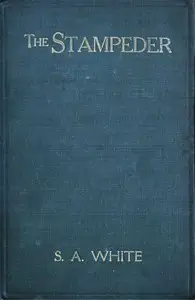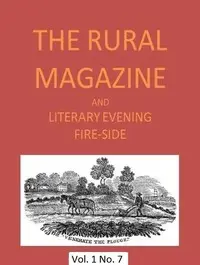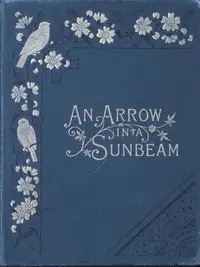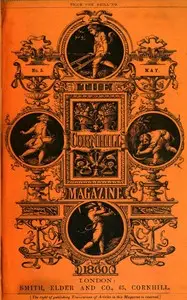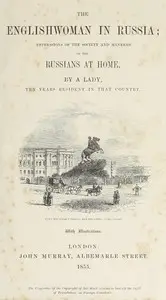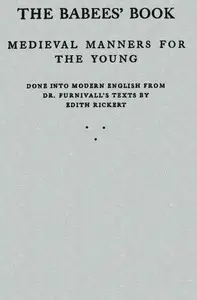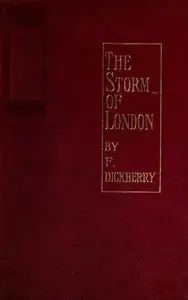"The Bridal March; One Day" by Bjørnstjerne Bjørnson is a work of fiction written in the late 19th century. This intricate tale explores themes of love, class conflict, and personal struggle against a backdrop of rural Norway. The story primarily follows two families intertwined by the fiddler Ole Haugen’s legendary Bridal March, focusing particularly on the lives of Aslaug, a cottar's daughter, and Knut, a wealthy peasant, alongside their eventual descendants. At the start of the narrative, we are introduced to Ole Haugen, a fiddler who has captured the hearts of many with his music, particularly a Bridal March tied to a prophecy of happiness for the couples it accompanies. His daughter, Aslaug, symbolizes the melding of class divides when she falls in love with Knut, the son of a wealthy farmer. As the story unfolds, we see the repercussions of their union through generations, particularly with their granddaughter, Mildrid, who grapples with societal expectations and her own desires as she navigates her relationship with Hans Haugen, a descendant of Ole. Their love story blossoms amidst the weight of history, family duty, and the pressing judgments of their community, evoking a rich tapestry of emotions and dilemmas that resonate throughout the opening chapters. (This is an automatically generated summary.)
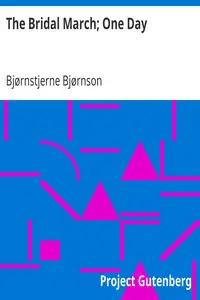
The Bridal March; One Day
By Bjørnstjerne Bjørnson
"The Bridal March; One Day" by Bjørnstjerne Bjørnson is a work of fiction written in the late 19th century. This intricate tale explores themes of lov...
Bjørnstjerne Martinius Bjørnson was a Norwegian writer who received the 1903 Nobel Prize in Literature "as a tribute to his noble, magnificent and versatile poetry, which has always been distinguished by both the freshness of its inspiration and the rare purity of its spirit". The first Norwegian Nobel laureate, he was a prolific polemicist and extremely influential in Norwegian public life and Scandinavian cultural debate. Bjørnson is considered to be one of the four great Norwegian writers, alongside Ibsen, Lie, and Kielland. He is also celebrated for his lyrics to the Norwegian national anthem, "Ja, vi elsker dette landet". The composer Fredrikke Waaler based a composition for voice and piano on a text by Bjørnson, as did Anna Teichmüller.

